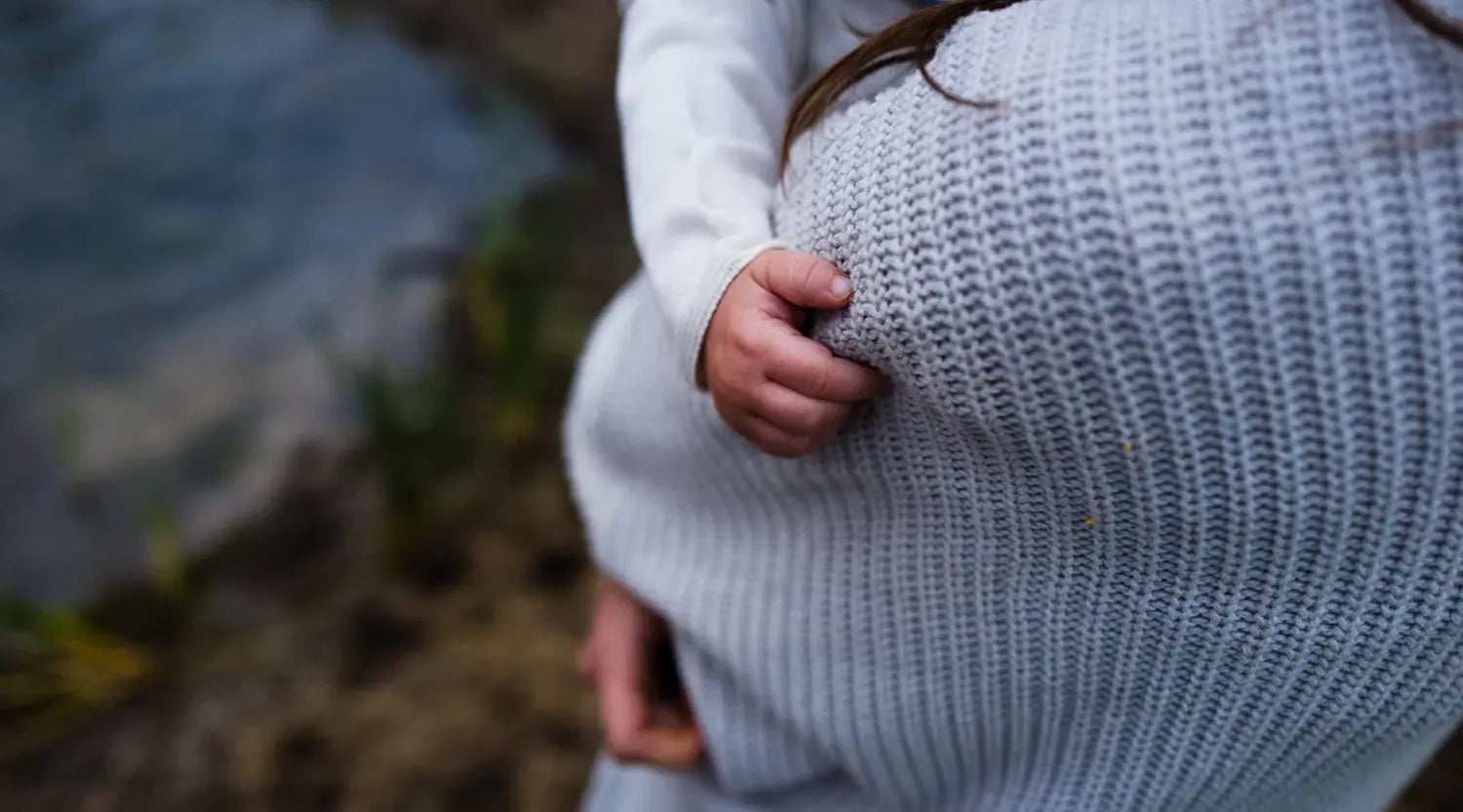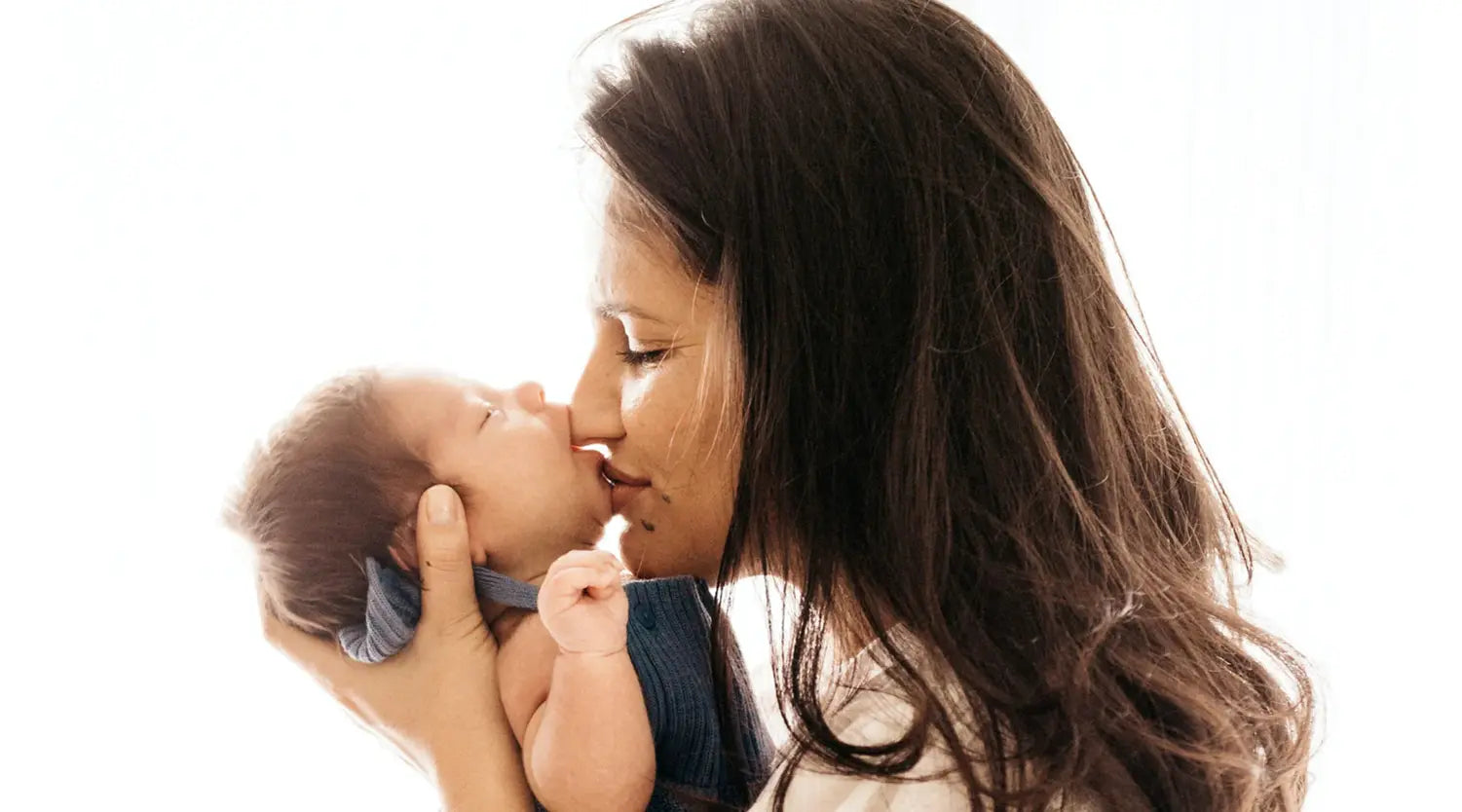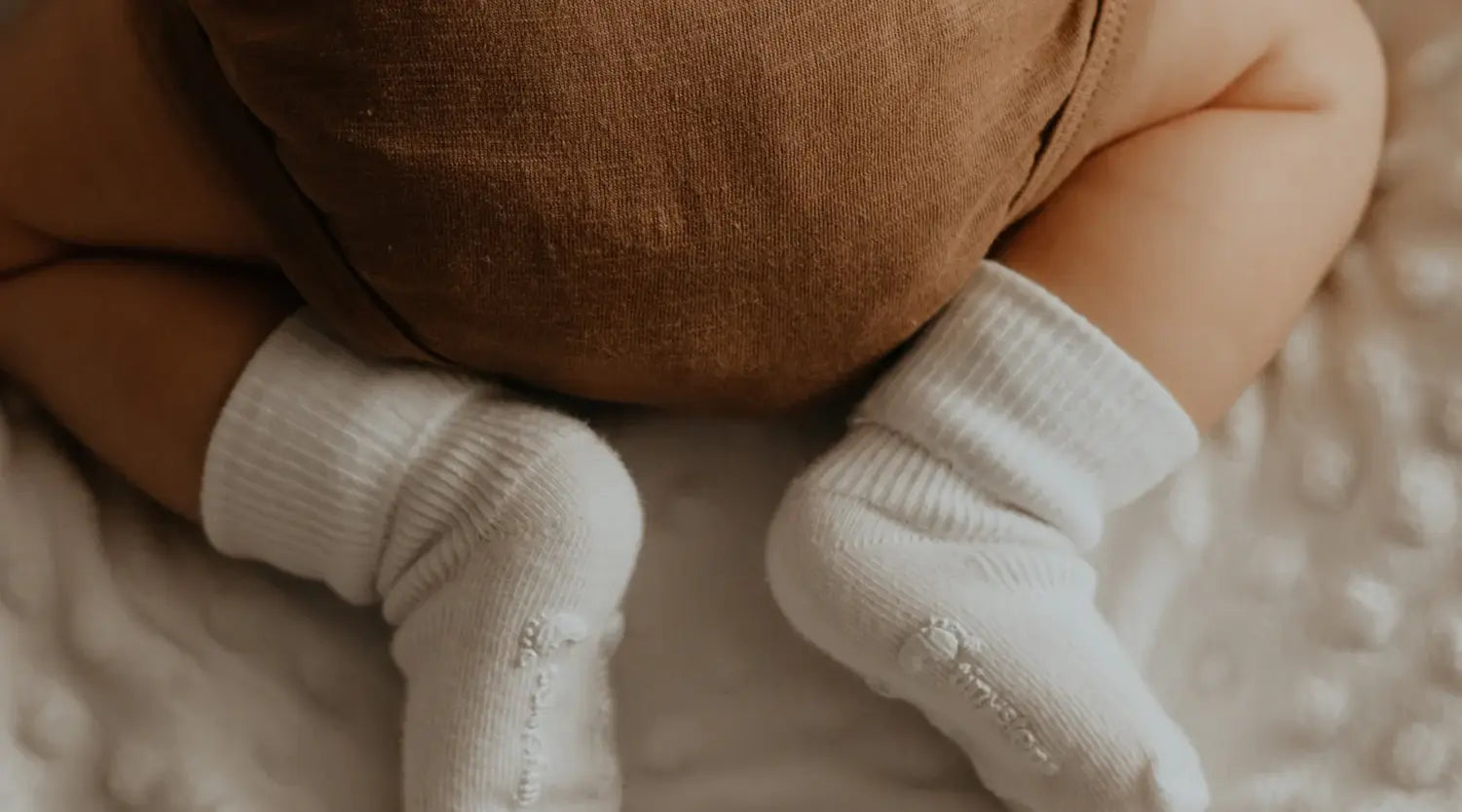Transitioning weather can be a tricky time for parents, especially when it comes to taking care of babies. As the seasons change from winter to summer, it's important to adjust the way you care for your little one to ensure they stay comfortable and healthy. Here are a few tips to help you navigate the transition from winter to summer with your baby.
- Dress your baby appropriately: As the weather gets warmer, it's important to dress your baby in lightweight and breathable clothing. Avoid heavy fabrics such as wool or fleece, and opt for cotton or other natural fibers that will help keep your baby cool. In addition, dress your baby in layers so you can easily add or remove clothing as needed. As the weather heats up, you may want to put your baby in just a diaper or onesie to keep them cool.
- Keep your baby hydrated: As the weather gets warmer, it's important to make sure your baby is getting enough fluids. Breastmilk or formula should provide enough hydration for babies, but you can also offer water if your baby is old enough to take it. Be sure to increase the frequency of offering fluids as the weather gets hotter.
- Protect your baby from the sun: Even though the weather may not be as hot as it is in the summer, it's still important to protect your baby from the sun's harmful rays. Use a baby-safe sunscreen and dress your baby in lightweight clothing that covers their arms and legs. A wide-brimmed hat can also help to protect their face and neck. Keep your baby in the shade during the hottest parts of the day and avoid being outside for long periods during peak sun hours.
- Keep your baby's skin moisturized: As the weather gets warmer and more humid, it's important to keep your baby's skin moisturized to prevent dryness and irritation. Use a baby-safe moisturizer to help keep your baby's skin soft and hydrated. Avoid using lotions or creams with fragrances or added chemicals, as they can irritate your baby's sensitive skin.
- Watch for signs of heat exhaustion: It's important to watch your baby for signs of heat exhaustion, such as sweating, redness, or heat rash. Keep your baby cool by providing them with plenty of fluids, and try to keep them in a cool and shaded area as much as possible. If your baby's skin is hot to the touch, or if they seem lethargic or unresponsive, seek medical attention immediately.
- Be prepared for sudden weather changes: Transitioning weather can be unpredictable, and it's important to be prepared for sudden changes in temperature or weather conditions. Keep a lightweight blanket or a sweater in your diaper bag so you can quickly cover your baby if the weather turns chilly. Pack extra clothes, hats, and sunscreen for unexpected warm weather.
By following these tips, you can help to keep your baby comfortable and healthy during the transition from winter to summer. Remember, each baby is different, so it's important to pay attention to your baby's individual needs and adjust your care accordingly. Always keep an eye on weather forecast and stay prepared for any weather change.
You’ve got this!





